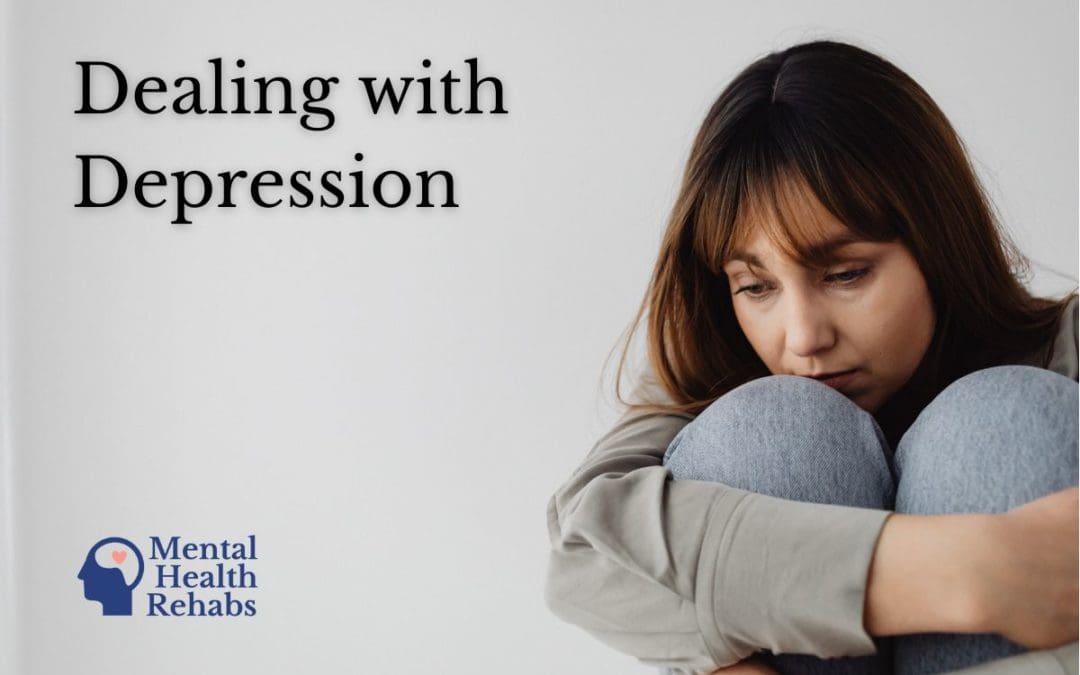Painkillers. Stimulants. Opioids. Prescription drug abuse is fueling a drug crisis in the United States. In 2021 there were over an estimated 107,000 drug overdose deaths in the United States–a 15% increase from 2020.
Prescription Drug Abuse Statistics
Approximately 16.3 million Americans have abused prescription drugs in the past year (6% of the population), making prescriptions the fifth most abused substance in the country after alcohol, tobacco, marijuana, and cocaine.
A little over half of these users are misusing drugs intentionally but less than 10% do it intending to get high. Shockingly, 1 out of every 6 people is addicted to the prescription drugs they misuse.
While non-prescribed use of medications can be dangerous–and even deadly–the greater fear is how often such drug use leads to the pursuit and use of harder drugs produced in clandestine factories.
The Rise of Prescription Drug Abuse
The cause isn’t just because of prescription misuse (intentional or otherwise) or bad apples. Even when used as prescribed, some medications are extremely powerful and can quickly lead to physical dependence. However, their users don’t realize they’ve become addicted to their medication until the prescription runs out and in their panic are likely to turn to the black market to fulfill their cravings.
Some of these people may turn to readily available illicit drugs. Others may simply seek out those same prescription medications–which sounds innocent enough but can be equally dangerous. The rampant imitation pill manufacturing means they will likely encounter counterfeit drugs laced with fentanyl or other harmful chemical by-products.
All of this, however, is a symptom of a still greater issue.
Mental Illness Rates in America
One study published in the Journal of the American Medical Association in 2019 found that the prevalence of mental illness in the United States increased by approximately 3% between 2011 and 2017. This increase is attributed to several factors including an aging population, the increasing use of prescription drugs, and the increasing impact of social media on mental health.
Today, approximately 1 in 5 adults in the United States experienced some form of mental illness in a given year. The most common mental illnesses are anxiety disorders (19.1%), mood disorders such as depression and bipolar disorder (21.4%), and personality disorders (9.1%).
One of the most significant leaps in mental illness rates occurred in 2019 when the pandemic struck and led to increases in mental health conditions such as depression, anxiety, and post-traumatic stress disorder (PTSD). The Centers for Disease Control and Prevention (CDC), found that in 2020, 40% of adults in the United States reported struggling with mental health or substance abuse issues during the pandemic. This is compared to just over 10% of adults who reported struggling with these issues in the past year before the pandemic.
There are various ways that individuals with depression are dealing with it, including seeking treatment from mental health professionals such as therapists and psychiatrists. Many individuals with depression may also be prescribed medication, such as antidepressants, to help manage their symptoms.
4 Ways for Dealing with Depression & Anxiety
Dealing with mental illnesses can be difficult. Here are 4 tips for coping with the two most common ones:
- Fight the urge to isolate
A big part of what makes depression and anxiety so devastating is that the first inclinations are behaviors that make the illness worse. One of those tends to be the urge to isolate. Make a point to stay connected to friends and loved ones, whether it’s something as simple as a text message.
- Focus on healthy habits
Staying hydrated and getting enough sleep are important for maintaining both physical and psychological health. Neglecting these core aspects of your health will worsen what’s going on in your head. You may be tempted to binge on junk food, but resist. The high levels of sugar, fat, and salt in processed foods will only throw your body and mood into further chaos.
- Minimize stress
Stress leads to a whole cocktail of hormones and neurochemicals, many of which can exacerbate mental illness. Minimize exposure to stressors and triggers and stick to calming activities that you enjoy. If your symptoms feel overwhelming, continue to avoid any unnecessary stimulation until you feel more in control of yourself.
- See a therapist
The best way to deal with depression, anxiety, or any other type of mental illness is to talk to a mental health professional. They can work with you to provide a better understanding of what’s causing issues and how to better manage the symptoms.
Sources:
https://www.cdc.gov/mentalhealth/learn/index.htm
https://drugabusestatistics.org/prescription-drug-abuse-statistics/
https://jamanetwork.com/journals/jamapediatrics/fullarticle/2724377

